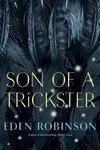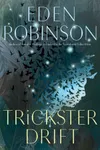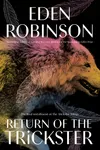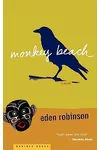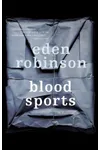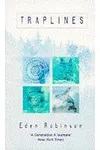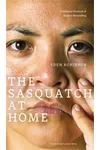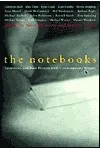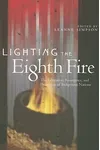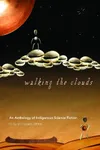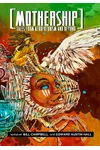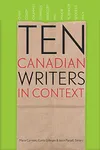Picture a Canadian storyteller who weaves Haisla mysticism with gritty realism, crafting tales that haunt and heal—meet Eden Robinson! Born in 1968 in Kitamaat, British Columbia, this Haisla and Heiltsuk First Nations author has carved a unique space in contemporary literature. Her novels, like Monkey Beach, blend the supernatural with raw human struggles, earning her a global following and critical acclaim.
With influences like Stephen King and Edgar Allan Poe, Robinson’s stories dive into the complexities of Indigenous life, tackling issues like residential school legacies and environmental destruction with unflinching honesty. Her work is a vibrant tapestry of humor, horror, and heart, making her a trailblazer in Canadian fiction.
The Making of Eden Robinson
Eden Victoria Lena Robinson grew up in Kitamaat Village, a Haisla community where the Pacific Ocean meets lush wilderness. Raised by a Haisla father and Heiltsuk mother, she was steeped in Indigenous traditions, which later infused her writing with mystical depth. A self-proclaimed bookworm, she devoured Stephen King novels as a teen, sparking her love for dark, gothic tales. After earning a Bachelor of Fine Arts from the University of Victoria and a Master of Fine Arts from the University of British Columbia, Robinson kicked off her career with her first published story, “Traplines,” in 1991, setting the stage for her literary rise.
Eden Robinson’s Unforgettable Stories
Robinson’s debut, Traplines (1996), a collection of dark short stories, won the Winifred Holtby Prize and showcased her knack for blending gritty humor with unsettling themes. Her breakthrough novel, Monkey Beach (2000), follows Lisamarie Hill, a Haisla teen searching for her missing brother while navigating a world of ghosts and sasquatches. This haunting blend of mystery and Haisla spirituality earned the Ethel Wilson Fiction Prize and nominations for the Giller Prize and Governor General’s Literary Award.
In Blood Sports (2006), Robinson revisits the urban grit of her Traplines novella “Contact Sports,” diving into the brutal world of drugs and violence in Vancouver’s Downtown Eastside. Her Trickster Trilogy—Son of a Trickster (2017), Trickster Drift (2018), and Return of the Trickster (2021)—introduces Jared, a teen grappling with his Indigenous heritage and supernatural trickster lineage. With humor and horror, the trilogy explores addiction, family, and cultural identity, cementing Robinson’s reputation for fearless storytelling.
Her style is a masterclass in duality: contemporary realism meets Haisla mysticism, with vivid landscapes and complex characters. Whether she’s writing about sasquatch sightings or intergenerational trauma, Robinson’s work is both accessible and profound, resonating with readers worldwide.
Why Eden Robinson Matters
Eden Robinson is a literary force, giving voice to contemporary Indigenous experiences with authenticity and empathy. Her stories shine a light on the impacts of colonialism, residential schools, and environmental exploitation, while celebrating Haisla and Heiltsuk resilience. As one of Canada’s first female Indigenous novelists to gain international acclaim, she’s a role model for young writers, particularly First Nations youth. Her work, taught in schools and adapted for film and TV, continues to shape conversations about Indigenous identity and storytelling.
- Born: January 19, 1968, in Kitamaat, British Columbia
- Key Works: Traplines, Monkey Beach, Blood Sports, Trickster Trilogy
- Awards: Ethel Wilson Fiction Prize (2000), Writers’ Trust Engel/Findley Award (2016)
- Fun Fact: She shares her birthday with Edgar Allan Poe and Dolly Parton!
About Eden Robinson
Ready to dive into a world of mysticism and raw emotion? Grab Monkey Beach and discover Eden Robinson’s unforgettable storytelling!
